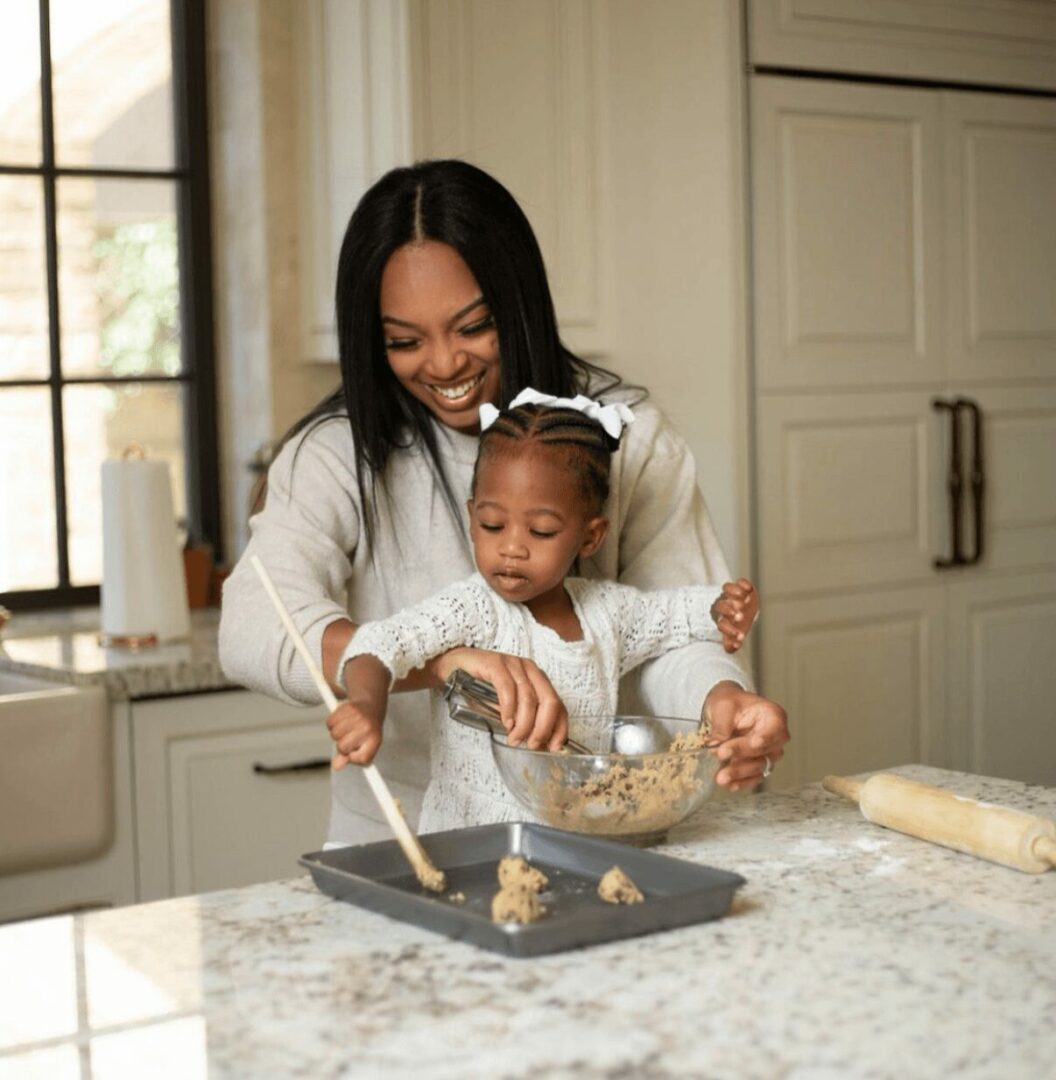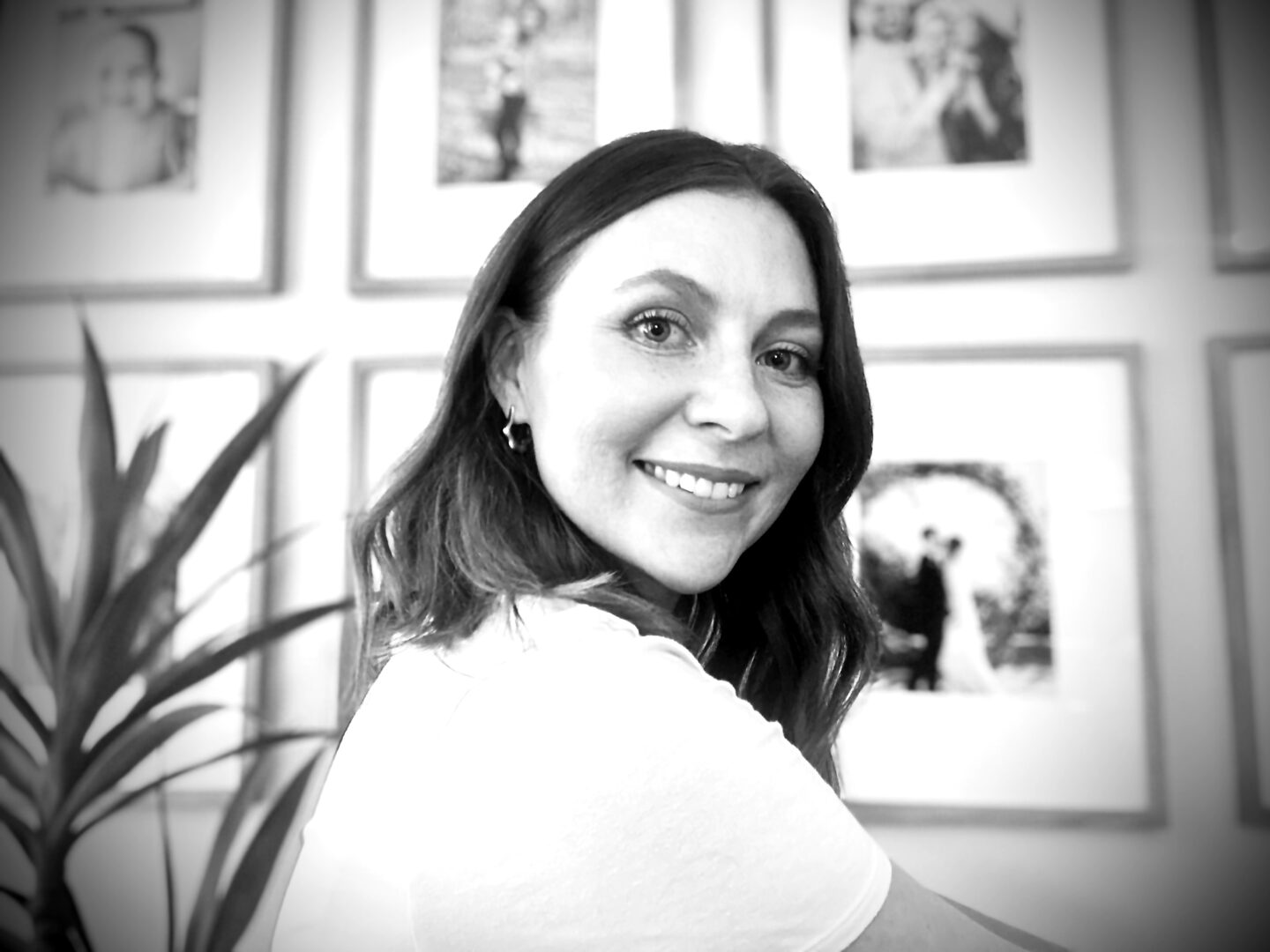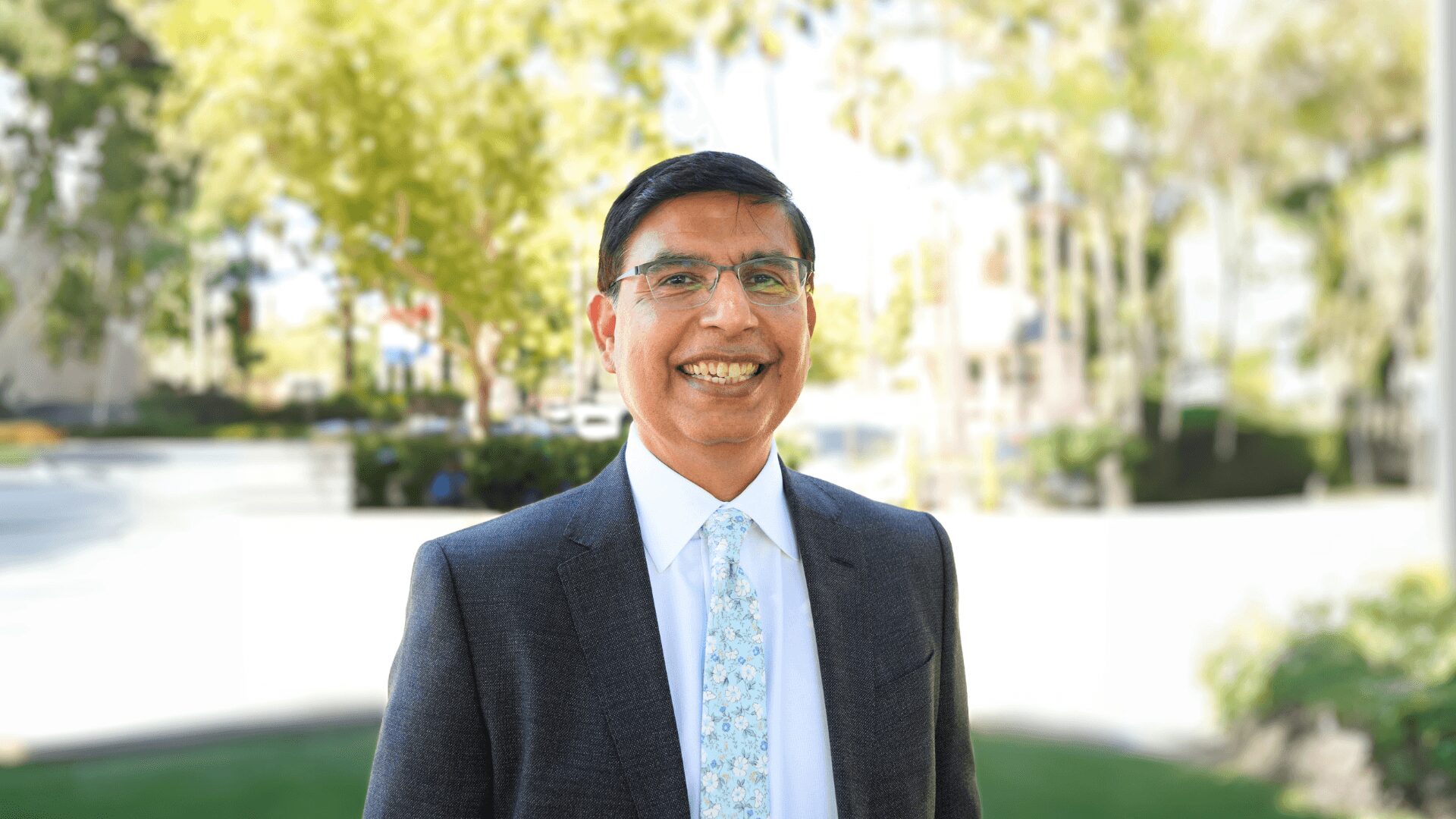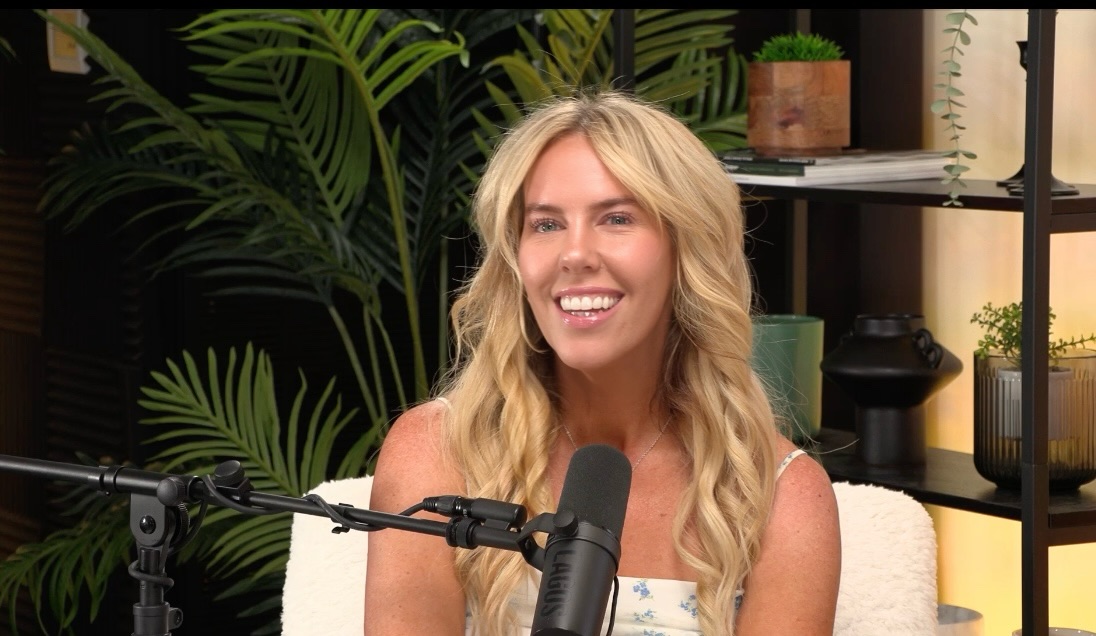We’re excited to introduce you to the always interesting and insightful Celeste Moore. We hope you’ll enjoy our conversation with Celeste below.
Hi Celeste, thanks for joining us today. Let’s jump right into something we’re very focused on here – improving our ability to make decisions. Everyday, we’re faced with decisions that can impact the future of our careers, businesses, relationships and more and so one of the most impactful areas for personal development, in our view, is decision-making. Can you talk to us about how you developed or improved your decision-making skills?
Oh wow! That’s a loaded one. I developed decision-making skills because I had to. It wasn’t that I was making terrible choices; I just didn’t have professional guidance. My network didn’t include mentors, so I had to learn to steer myself.
The turning point came when I left full-time pastry work and got into a computer science program at Rice. You know those movie scenes where the genius hacker is panic-typing to defuse a bomb at the last second? Yeah, no. Real coders are somewhere sitting in silence in front of six Google tabs, talking to a rubber duck, dissecting a problem piece-by-piece. They fix one thing, hit the next: Wash, rinse, repeat.
In hindsight, it wasn’t really about learning to code; coding is literally just structured problem-solving. That rewired how I think, and as basic as it sounds, learning to utilize my resources to solve my own problems changed everything for me.
While coding, the other thing that hit me was, for jobs in tech, unlimited PTO is normal. In kitchens, you’re lucky to sit down for 20 minutes. I realized that I never hated my work as a pastry chef; what I really wanted was for kitchen jobs to just stop sucking. Certain jobs are economically valued more than others, so by consequence, the rewards are distributed unevenly. But the gap in dignity is structural; it’s not inevitable.
I want a reimagined culture where even the “lowest” positions pay a livable wage, 14-hour shifts aren’t romanticized as “grind culture,” kitchens aren’t run like trauma camps, and hospitality workers can age in the industry without destroying their bodies…once you see the problem that plainly, you can’t unsee it.
So now the work is solving for x. No one reforms a system with one giant assertion of the will. You start by taking it apart and addressing the problems piece-by-piece. First, you might need leadership development; maybe you don’t have $300 for a seminar, so you’ll decide on a $25 self-help book. You may need to learn how to legally run your business, so you’ll decide to call your local health department and ask questions. You’re expecting to make money, so you’ll decide to get a business account.
Getting from the way things are to the way they should be takes a thousand micro-decisions. By actually making them, (repeatedly and without a safety net, not waiting for mentors or ideal conditions), my decision-making skills developed out of necessity.
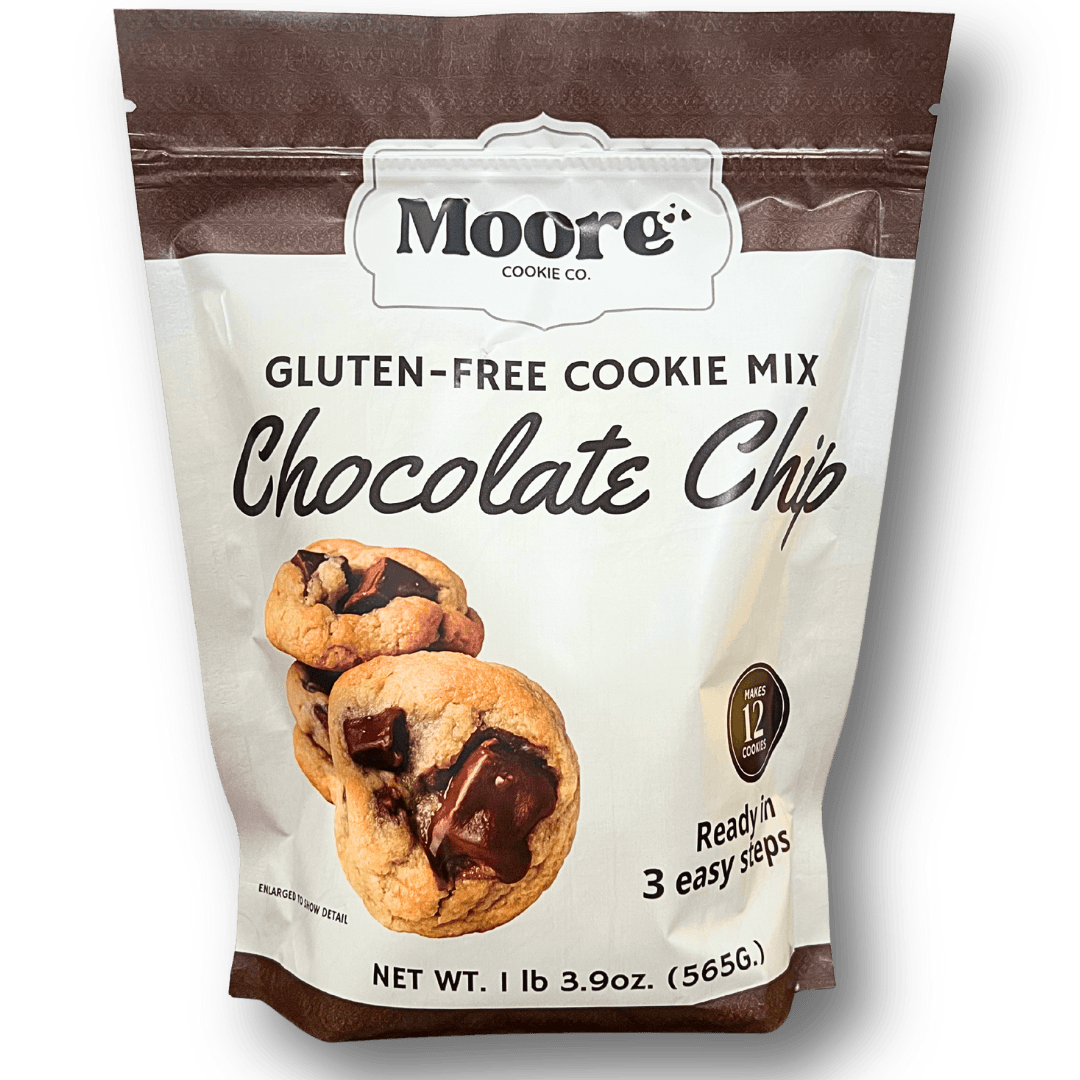
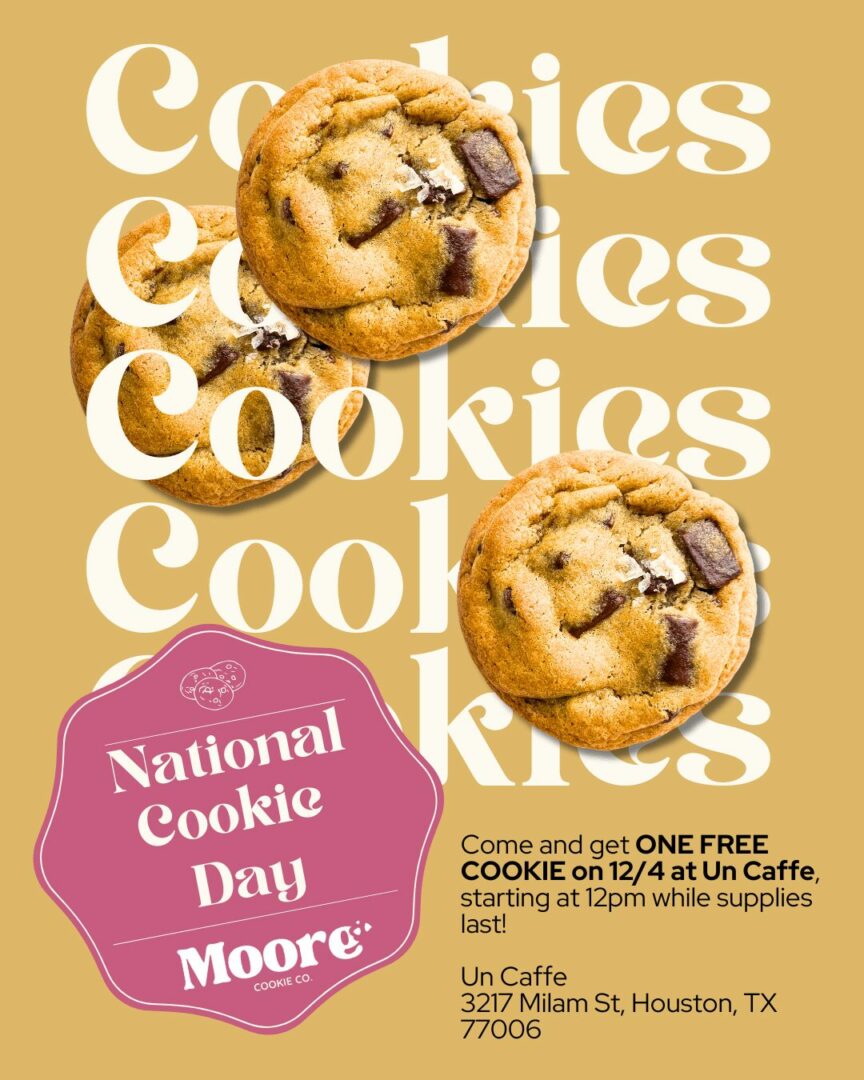
Thanks, so before we move on maybe you can share a bit more about yourself?
I currently run two companies, (Moore Cookie Co. and Golden Crumb Co.), under the same umbrella.
Moore Cookie Co. is the one people know me for – it’s public-facing. Long-term, I want this company to support full-time employees with livable wages and real benefits. But realistically: I can’t promise $27/hour minimum salaries with $4 cookies alone. That’s where Golden Crumb Co. comes in.
Golden Crumb Co. is the quiet, B2B [Business-to-Business] arm. We produce pastries like scones, muffins, loaves, etc., in bulk for coffee shops and cafés to resell as their own. It lets us secure recurring income, to support Moore Cookie Co.’s salary goals.
Golden Crumb Co. only sells real, scratch-made products, no artificial flavors or colors, no mystery ingredients. Items are priced below market rate for our partners, and they are profit-capped at 50% for resale, so there’s no price-gouging customers to boost earnings. The goal is for customers to have access to truly wholesome, reasonably-priced goods.
The long term vision is one large, well-equipped back-of-house kitchen, where professionals make a range of products, all fully scratch-made. The staff can utilize a range of skills, and our customers get both quality and ethics.
As for new things, we just released our first dry mix: a Gluten-Free Chocolate Chip Cookie Mix. I used to sell gluten-free and vegan cookies at pop-ups, but the demand was inconsistent. The mixes solve that; they travel, they store well, and they give us a new product category without adding much labor.
That’s where we are right now. More launches are coming! As always, anyone can visit our website for our monthly pop-up schedule in Houston. I am looking to establish “residencies” of sorts, (regular pop-ups at select locations), so our customers can find us consistently and conveniently.
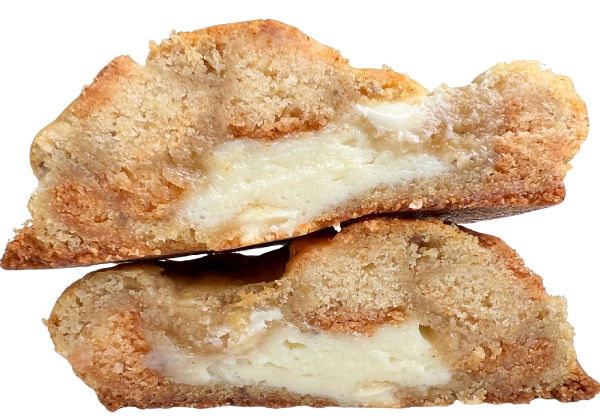
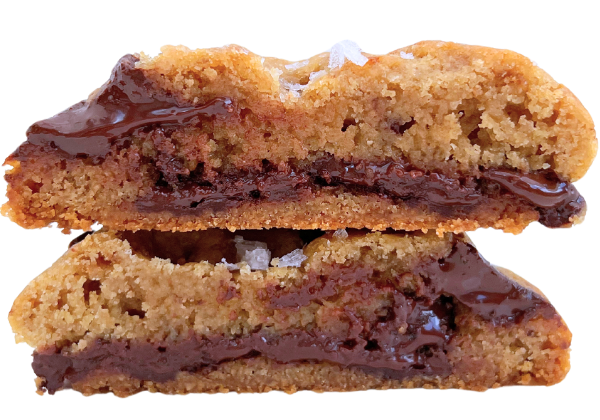
Looking back, what do you think were the three qualities, skills, or areas of knowledge that were most impactful in your journey? What advice do you have for folks who are early in their journey in terms of how they can best develop or improve on these?
I don’t think I have any niche knowings that changed my life. Most adult bodies are about 60% water; I operate at 100% common sense. That might honestly be my most valuable quality. Because I’m common-sensical, I’m highly perceptive, intuitive, and intellectual.
I’ll also add this: I have the ability to zoom out and judge my own work neutrally – the photography, the website, the ads, the cookies themselves. I can look at it without ego and decide if it’s actually good or needs improvement, and I’m almost never wrong. I know how that sounds. The feedback you’re going to give me about something, I’m already expecting. I don’t know if that’s fully teachable, but experiencing quality products firsthand helps you develop a standard and an instinct for what works.
If someone wanted to develop those, I’d just say don’t argue with your ideas while they’re still infants; let them live long enough to see what they could become. Don’t overcomplicate things that only require a simple action step or an hour of thinking. And try to step outside yourself. If you can judge your work without lying to yourself, you can do anything excellently – you’ll just keep improving.

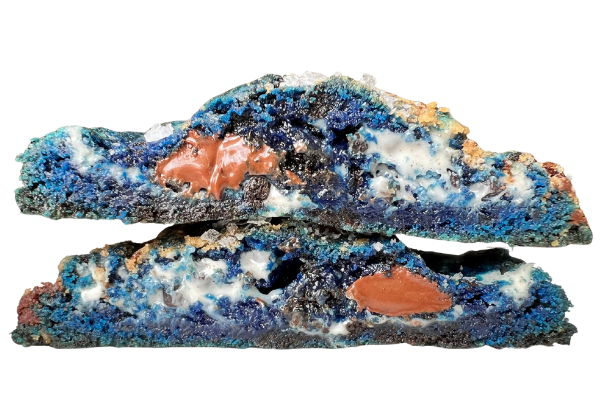
How can folks who want to work with you connect?
The two brands serve different purposes, so I look for different types of partners.
For Moore Cookie Co., I’m looking to collaborate with businesses like boutique hotels that want to place a branded cookie in their VIP rooms, luxury event planners, or curated gift boutiques. I also welcome collaborations with other creatives; I’ve done everything myself: web design, photography, videography, you name it. Influencers are another great fit, but only when there’s alignment; anything that contributes to the brand’s romance is fair game.
Golden Crumb Co. is built for silent partnership. Ideal collaborators are coffee shops without a baker or kitchen, co-working spaces, office lounges, or even specialty drink trucks or kiosks that want to increase their revenue with no added production labor or outside branding attached.
If a partnership builds my brand, it belongs under Moore Cookie Co. If it quietly builds the bank account, it belongs to Golden Crumb Co.
To inquire or collaborate:
Millennials: Email me @ [email protected]
Gen Z’ers: DM me @moorecookieco (Hahaha)
Contact Info:
- Website: https://buymoorecookies.my.canva.site/
- Instagram: @celeste.a.moore
- Other: TikTok: @celeste.a.moore
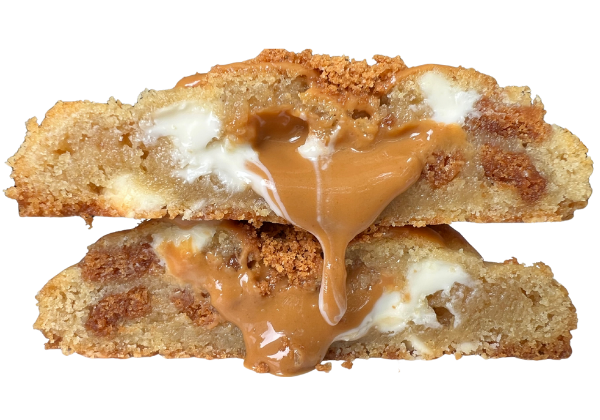
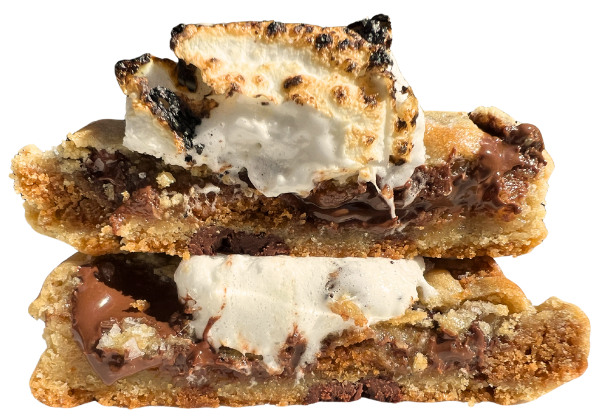
Image Credits
The portrait of Celeste and her daughter was photographed by Charlene Jones of iPoetic Photography. All remaining images were captured by Celeste.
so if you or someone you know deserves recognition please let us know here.

